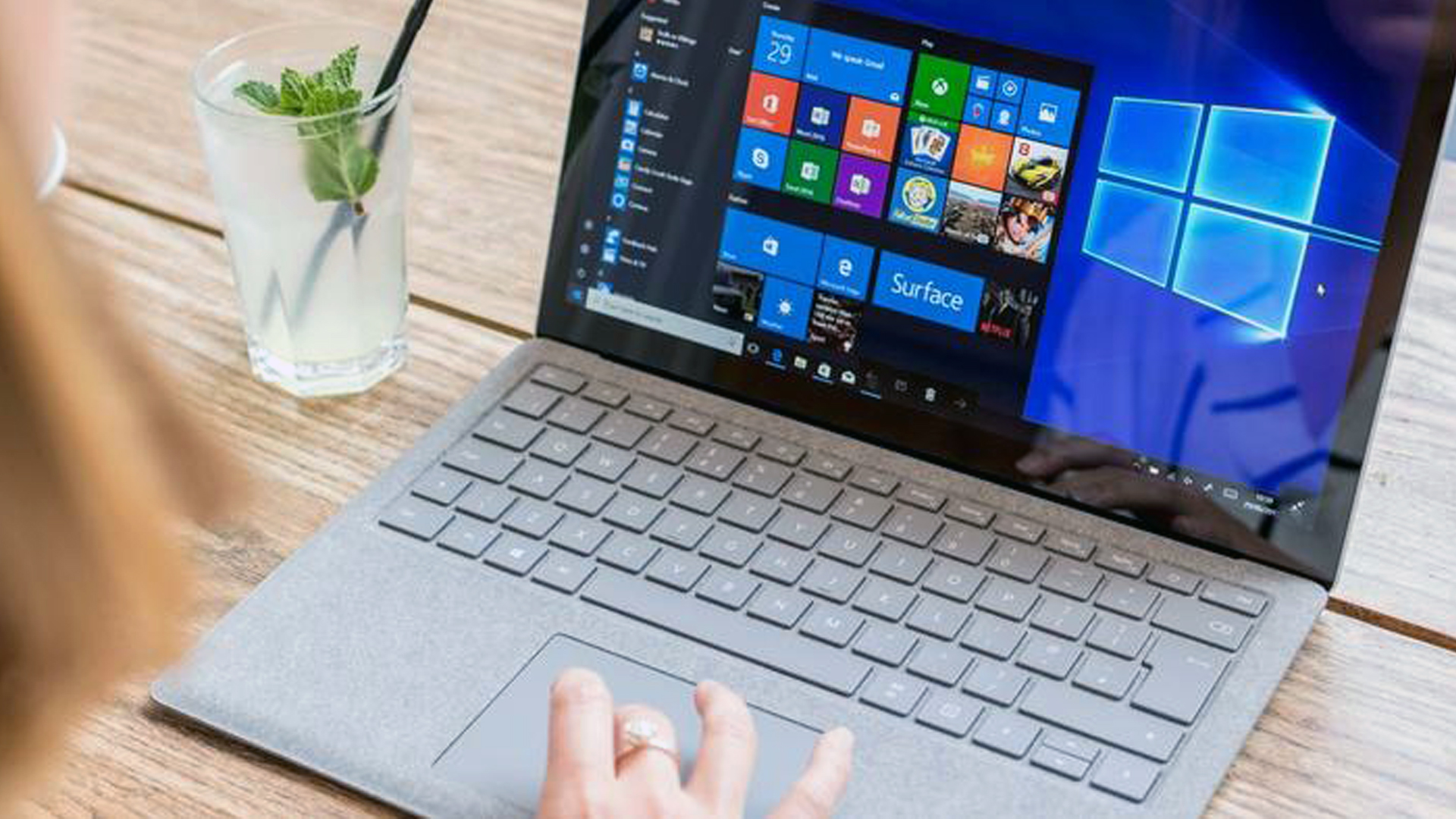Sleep or hibernate your Windows computer to save power instead of shutting it down


Although they may seem like three very similar options, they can be very useful depending on each circumstance and they also affect the computer differently. We tell you what each one consists of and which one is better to use depending on the moment.
Despite the fact that the Windows operating system has been on the market for more than 35 years, with the new update to Windows 11 doubts arise again, in this case, related to saving energy on your computer.
Well, although turning off, hibernating or suspending are not the same, turning off the computer is not always the best of the three options to save energy.
The concept of turning off it is simple, we completely close all the tasks of the computer and leave it to zero. It is important to underline that if we decide to turn off the equipment, it turns off completely, ending everything that is being done.
On the other hand, we find two other options that we can use when we have finished working or want to rest for a few minutes, and that do not involve closing all programs, documents and even the entire system.
One of them is the suspend option. Through this, the computer will enter a minimum power consumption mode but will keep all windows and applications open.
The other, hibernate, can be considered an intermediate point since it will keep all the programs and applications that we were using open, and, in addition, it will not consume energy because, in practice, when we are not using it it will be turned off, but without closing everything. that we had open.
Based on this, normal and what most people do is turn it off completely. But nevertheless, suspending or hibernating your computer is the most economical option if we are talking about intermittent use (this does not apply to a computer that we shut down on a Friday and do not turn on again for four or five days).
This is so because if you close it but you are going to start it again after a few hours, you are wasting your time the next time you turn it on again. It has to boot again, which means it needs to reload the operating system into memory from scratch. Not only that anymore, you will need to restart all programs and tasks and upload the data you were working on.
What’s more, your sleeping computer can start automatically to perform updates if necessary, and they will be completed in the morning when you are ready to work, thus avoiding wasting more time.
If we know that our PC is going to be off for more than a few hours but we want to leave some applications open, the option to hibernate, which as we have mentioned before, is an option in between, Is the best option. We will keep all the open applications and programs, with the advantage that it will not have consumed energy during the time that we have not used it.
Knowing all this, select the option that you consider most appropriate. If you are going to start it in a few hours, suspend or hibernate it, if you are going to resume your work in a few days, it may be better to turn it off.
Reference-computerhoy.com